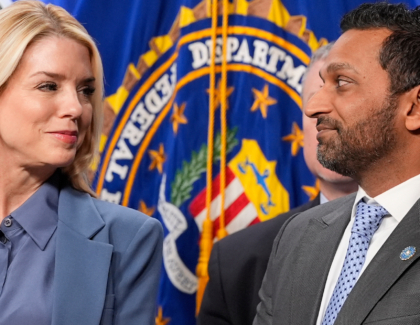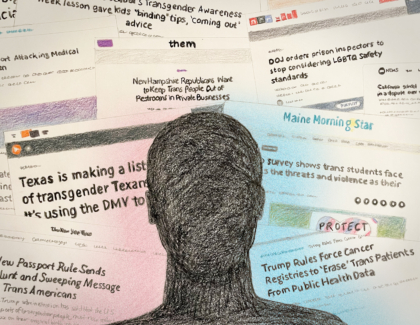Sign up for the daily CJR newsletter.
Earlier this month on Twitter, Elon Musk nudged his followers to take notice of Matt Taibbi’s profile. Taibbi, an independent writer, then unleashed a thread of tweets documenting Twitter officials’ internal communications regarding how to handle the circulation of a New York Post report on Hunter Biden.
The so-called “Twitter Files,” deployed as evidence of Twitter executives’ liberal sympathies, is just one of Musk’s many headline-making moves since he purchased the company in October. Also since October: Over a thousand Twitter employees have resigned, including the chief information security officer and the head of integrity and safety, and blue check marks—once reserved for accredited public figures and, notably, journalists—are for sale. A bad taste has been left in many reporters’ mouths.
“It’s a bit like a bad developer moving to your town and changing everything without actually asking the people who live there,” Emily Bell, founding director of the Tow Center for Digital Journalism, said about Musk’s Twitter takeover on this week’s Kicker episode.
Musk’s ownership of Twitter, Bell told Kyle Pope, editor and publisher of the Columbia Journalism Review, creates serious problems for journalists who rely on the site for developing sources, finding stories, and driving readership. It’s not safe to do journalistic business on the platform anymore. Twitter’s Trust and Safety Team is being “eviscerated,” Bell noted in an article for CJR; direct-message inboxes, a convenient arena for chatting with sources, are no longer protected from nefarious breaches of privacy, and there’s no board to keep a watchful eye on Musk’s operations.
Bell suggested solutions for journalists put out by Musk’s Twitter. She’s not against migrating to budding social platforms like Mastodon, or developing something entirely new. But she also contemplated what the global journalism community would lose if Twitter fully disintegrated. She pointed to the zero-covid protesters in China, whose tweets informed the world of a historic uprising against an authoritarian regime, as evidence of Twitter’s persistent and unrivaled importance.
MORE READING
Elon Musk’s Twitter: What does it mean for journalists? Emily Bell, Columbia Journalism Review
Why I Quit Elon Musk’s Twitter, Jelani Cobb, The New Yorker
Journalists want to re-create Twitter on Mastodon. Mastodon is not into it., Mathew Ingram, Columbia Journalism Review
Elon Musk, Matt Taibbi, and a Very Modern Media Maelstrom, Michael M. Grynbaum, New York Times
Has America ever needed a media defender more than now? Help us by joining CJR today.






